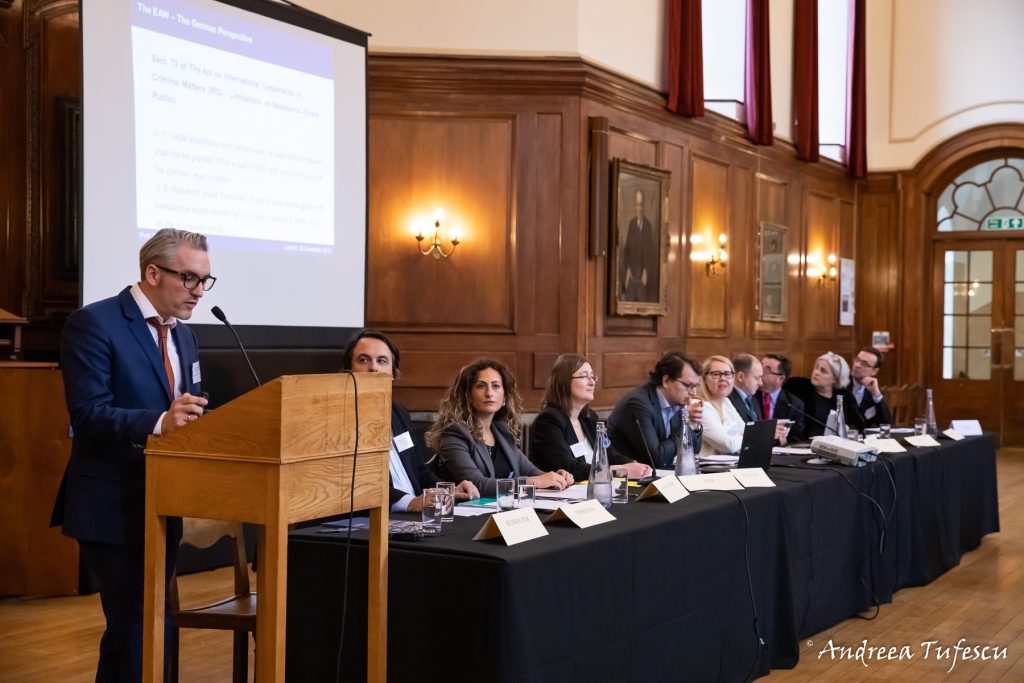A five-year Kent Law School research project examining ‘The Role of National Constitutions in European and Global Governance’ recommends reconsideration of the prevailing focus on sovereignty.
The project, led by Professor Anneli Albi, found that the focus on sovereignty overlooks the deeper comparative European constitutional cultures and their common and diverse elements. Professor Albi suggests dividing Europe’s national constitutions into three groups: the political constitutions (UK, Malta, Netherlands, Luxembourg and the Nordic constitutions); the post-totalitarian or post-authoritarian constitutions (Germany, Italy, Spain, Portugal, Greece and Central and Eastern Europe); and the traditional legal constitutions (France, Belgium, Austria, Ireland, Cyprus).
The findings are based on 29 in-depth national reports, which have recently been published in a two-volume, open access book entitled National Constitutions in European and Global Governance: Democracy, Rights, the Rule of Law (TMC Asser Press, 2019). The book is co-edited with Dr Samo Bardutzky, Assistant Professor of Constitutional Law at the University of Ljubljana in Slovenia, who worked for several years as the project’s Research Associate.
The national reports critically examine three broader themes. The first is how constitutions reflect the transfer of powers from national to European and global institutions. Secondly, the reports explore substantive constitutional values, such as fundamental rights, the rule of law, democratic participation and constitutional review, through constitutional adjudication in a range of areas including the EU Data Retention Directive (which introduced mass surveillance of electronic communications), the European Arrest Warrant, the ESM Treaty, and EU austerity measures. The third theme concerns the challenges that are increasingly highlighted in the context of global governance in relation to legitimacy, democratic participation, fundamental rights and the rule of law, eg as regards international extradition treaties and IMF conditionality.
Professor Albi said: ‘While in the political constitutional cultures parliament is supreme and the constitutions are more flexible, the post-totalitarian constitutional cultures set out some of the most detailed rules, including extensive bills of fundamental rights, and grant a strong mandate to constitutional courts to protect the constitutions and their core values of democracy, rights and the rule of law. This has often been overlooked in the prevailing discourse, including in the media, where constitutional courts have typically been approached through the lens of sovereignty and Euroscepticism or eurofriendliness. More generally, the book also invites discussion on the balance between uniformisation and retaining the diversity of the constitutional cultures in the context of EU integration.’
Given the recent changes in the political climate, Professor Albi added: ‘It is important to clarify that the project does not address the wider turn towards illiberal trends (beyond the report on Hungary). It also does not address human rights treaties or other treaties which advance international co-operation in traditional areas such as peace and environmental protection.’
The key research findings were presented by leading scholars of constitutional law at the project’s concluding conference held in London in November. Speakers included Advocate General Gerard Hogan from the European Court of Justice and formerly judge at the Court of Appeal of Ireland, Advocate General Evgeni Tanchev from the European Court of Justice and formerly Vice-President of the Venice Commission of the Council of Europe, and Stanisław Biernat, former Vice-President of the Polish Constitutional Court.
The project’s findings have attracted significant interest in terms of potential practical solutions to the development of the relations between national constitutions and EU and transnational law. Invitations to share the research findings include a hearing at the European Parliament’s Constitutional Affairs Committee meeting on the Future of Europe and a presentation at a symposium of the Association of Supreme Administrative Courts in Europe (ACA-Europe).
The national reports will be complemented later this year by a separately published comparative study, which identifies a number of broader trends and challenges shared across several EU Member States and which warrant wider discussion. A brief summary of these can be found in the introductory chapter of the above-mentioned open access book.
The project was funded through a €1.2m grant awarded by the European Research Council. Further information about the contributors, publications and the conference (and an option to subscribe to a project newsletter for updates and follow-up developments) is available via the project website.
Professor Albi has research interests in comparative constitutional law, EU and global constitutional law, EU enlargements and European Neighbourhood Policy. She is a member of the Constitutional Law Group (UK branch of the International Association of Constitutional Law) and UACES (UK Association of Contemporary European Studies).
Image credit: Andreea Tufescu Photography

